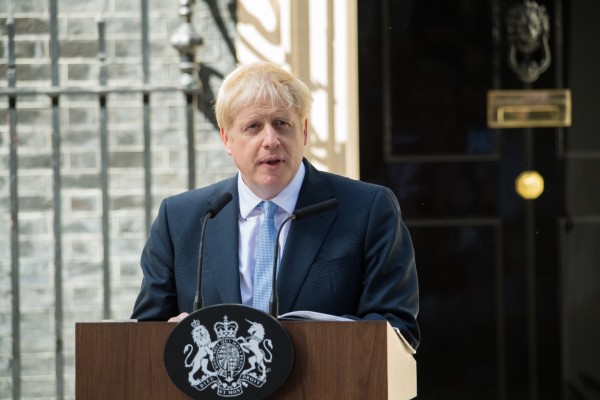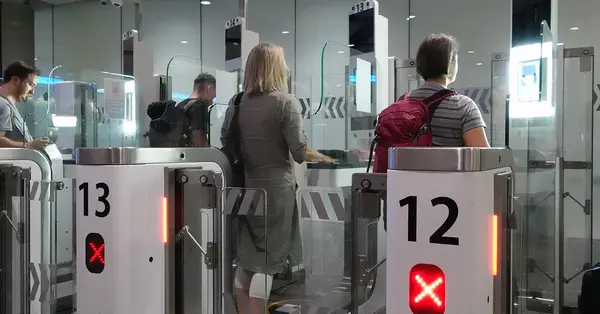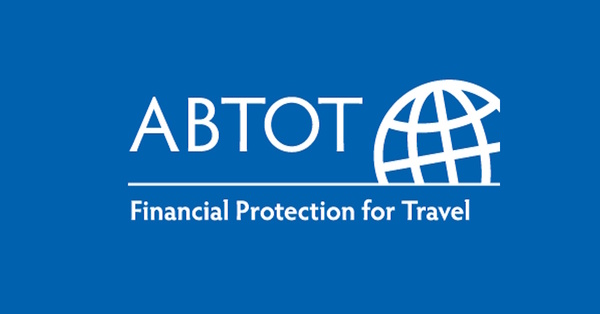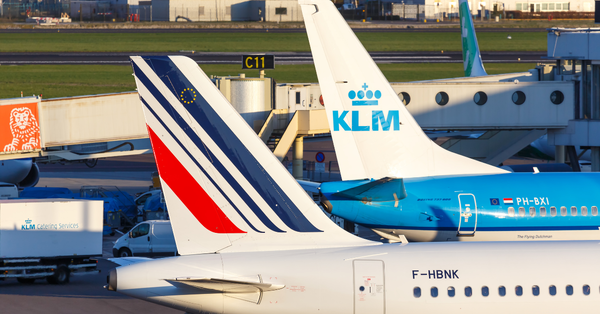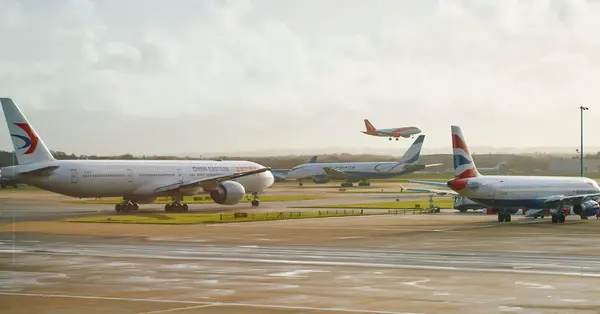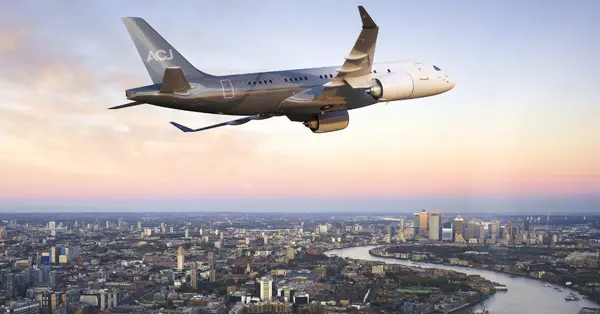You are viewing 1 of your 2 free articles
Prime minister reiterates ‘no hesitation’ in tightening traffic lights
Boris Johnson has reiterated that the government will have “no hesitation” in moving destinations around the red, amber and green lists of travel restrictions.
Speaking to media today, the prime minister was asked whether more countries may be added to the green list at tomorrow’s traffic light review.
He reiterated the government’s stance that the decision on countries’ traffic light status, and thus travel restrictions for passengers returning to the UK, is determined by Joint Biosecurity Centre data.
Johnson told reporters: “You’ve got to wait and see what the Joint Biosecurity Centre say and what the recommendations are about travel.
“We’re going to try … to allow people to travel, as I know that many people want to, but we’ve got to be cautious and we’ve got to continue to put countries on the red list, on the amber list, when that is necessary.”
But the prime minister stressed: “I want you to know we will have no hesitation in moving countries from the green list to the amber list to the red list, if we have to do so. The priority is to continue the vaccine rollout, to protect the people of this country.”
The World Travel & Tourism Council, meanwhile, warned that the UK “risks increased isolation if it continues to keep its doors closed to international travel”.
The group called for all UK citizens who are fully-vaccinated to be allowed to travel to other countries with similar rates of inoculation – and said the UK was “losing its competitive edge” gained from its early success in the vaccine rollout.
The WTTC quoted travel analytics firms Cirium when it said data showed that, in the two weeks from May 17, when the UK government’s traffic light system for travel was introduced, scheduled flights from the UK to Greece rose by more than 2,000%, and to Spain by 435%, compared to two weeks before.
It contrasted this to ForwardKeys data which showed that, while airlines have been ramping up capacity, this hasn’t been matched by bookings. Forward Keys found that, on average during the week of May 14, airline ticket sales from the UK to Greece and Spain fell 37% and 44% respectively, week on week.
It added that, at the end of May, “there were more tickets being cancelled than new bookings being made, while British holidaymakers expressed disappointment over the UK government’s green list and expensive testing and quarantine requirements for travel to ‘amber’ list countries”.
Calling on the UK government to add more countries to the green list using a “risk-based approach”, WTTC senior vice president Virginia Messina said: “We are seeing many countries, particularly those in the EU, allowing travellers that have been vaccinated or can show a negative test result, which will provide a boost to their economies in such a pivotal time.”
“We should use our hard-earned competitive advantage from one of the world’s best vaccine rollout programmes, with nearly 40% of the population now fully vaccinated, to restore mobility and reopen the doors to safe international travel.
“To do otherwise would squander the UK’s incredible vaccine achievement and could mean the government’s aspiration of a new era of ‘Global Britain’ following the Brexit vote would remain just that.
“The UK’s travel and tourism sector was one of the hardest hit with its contribution to GDP falling 62% compared to the global average of 49%. However, we can save it and the millions of jobs which depend upon the sector if we act immediately and allow the safe return of international travel.”

